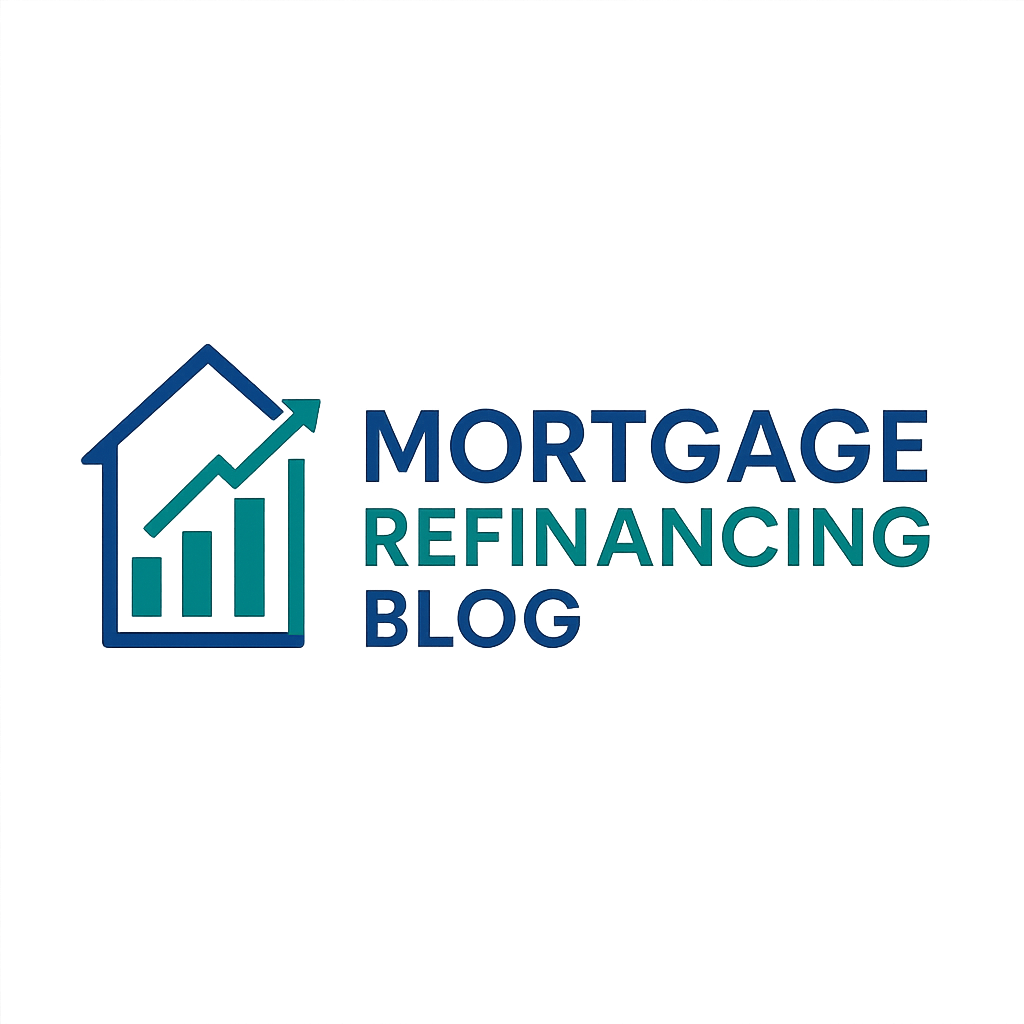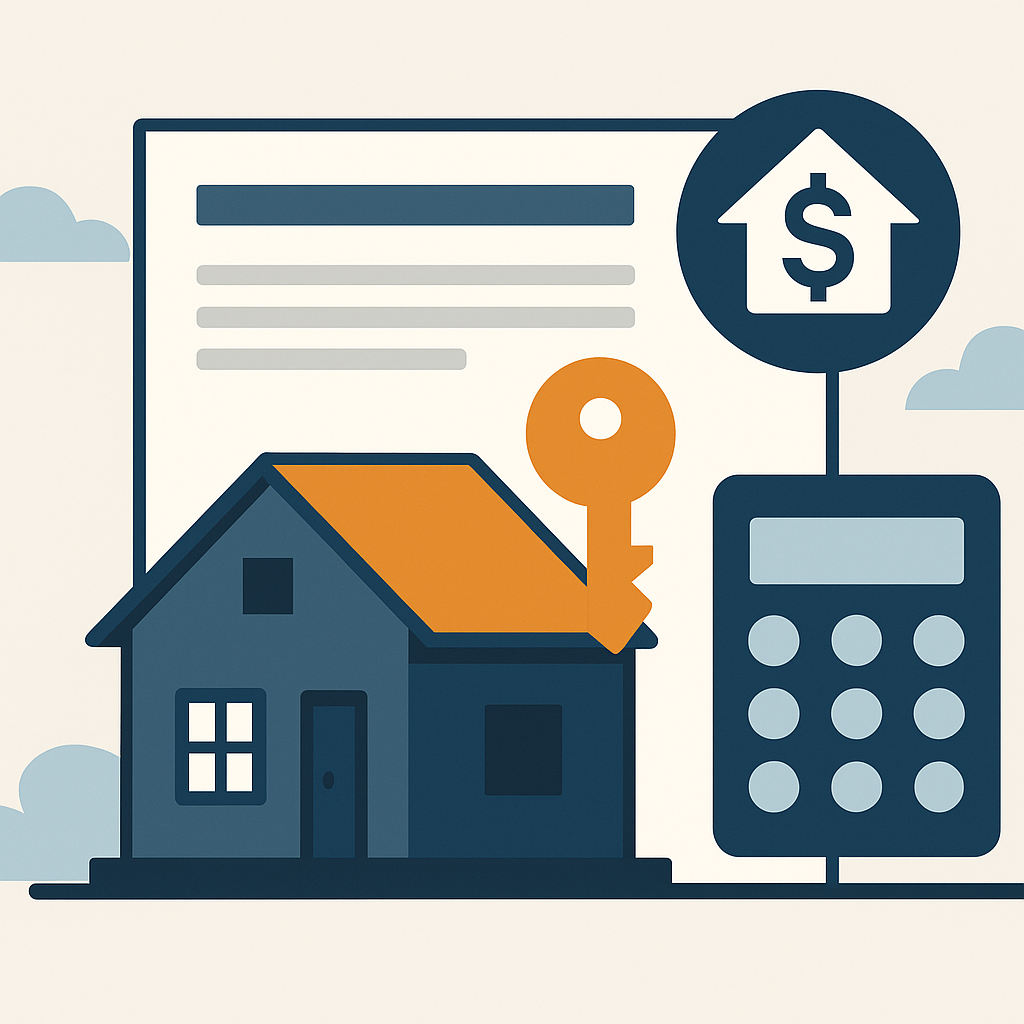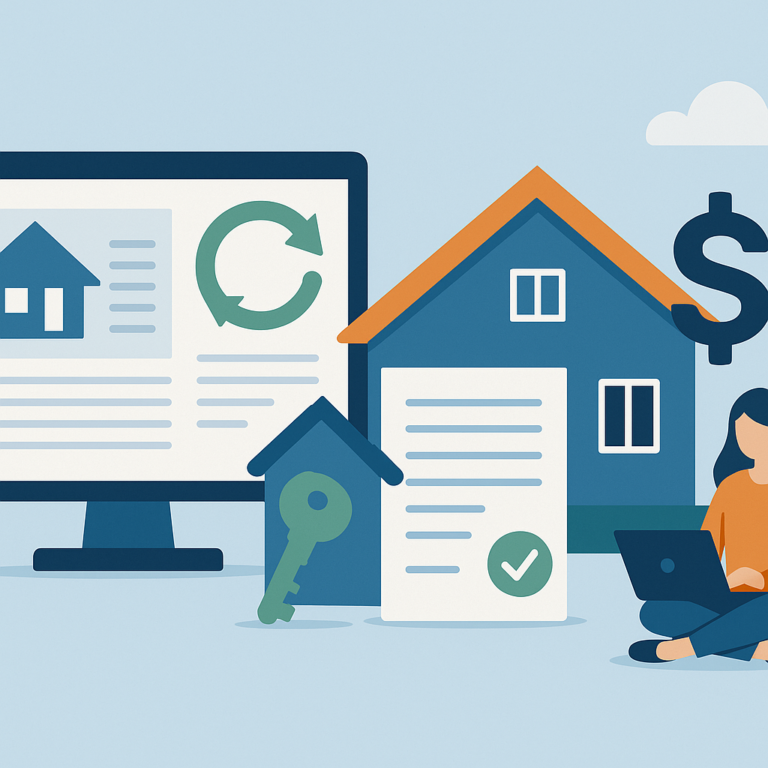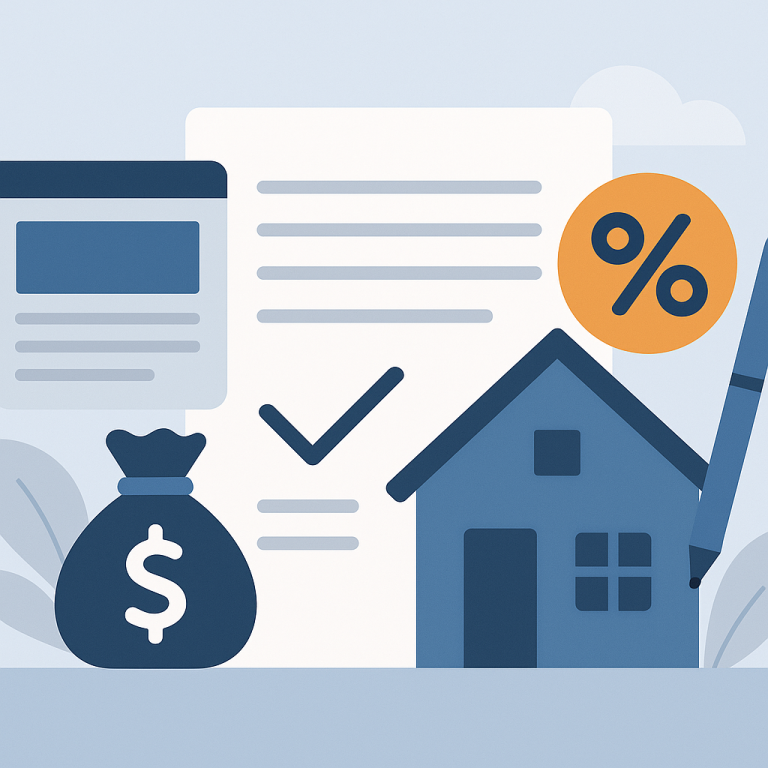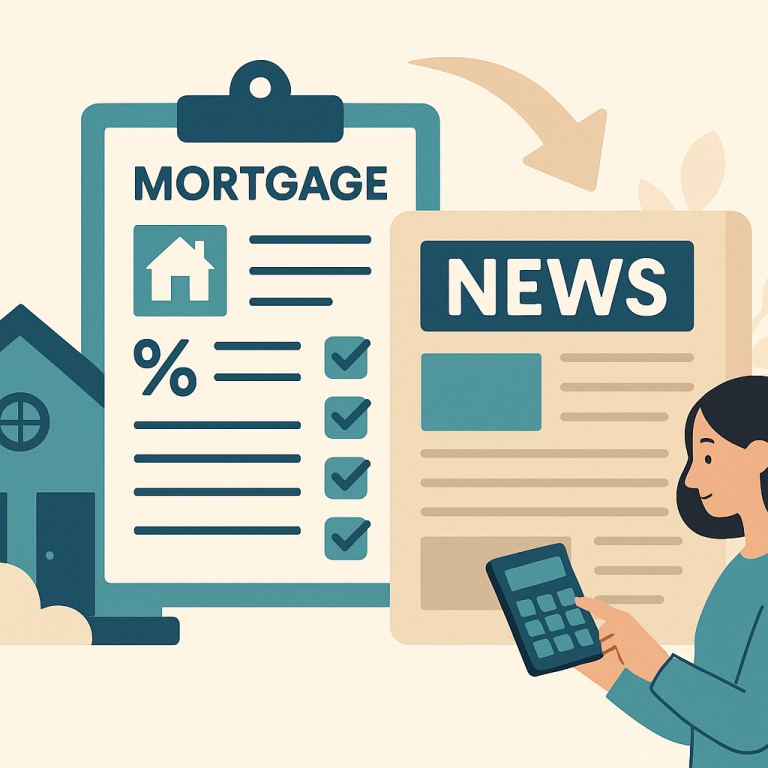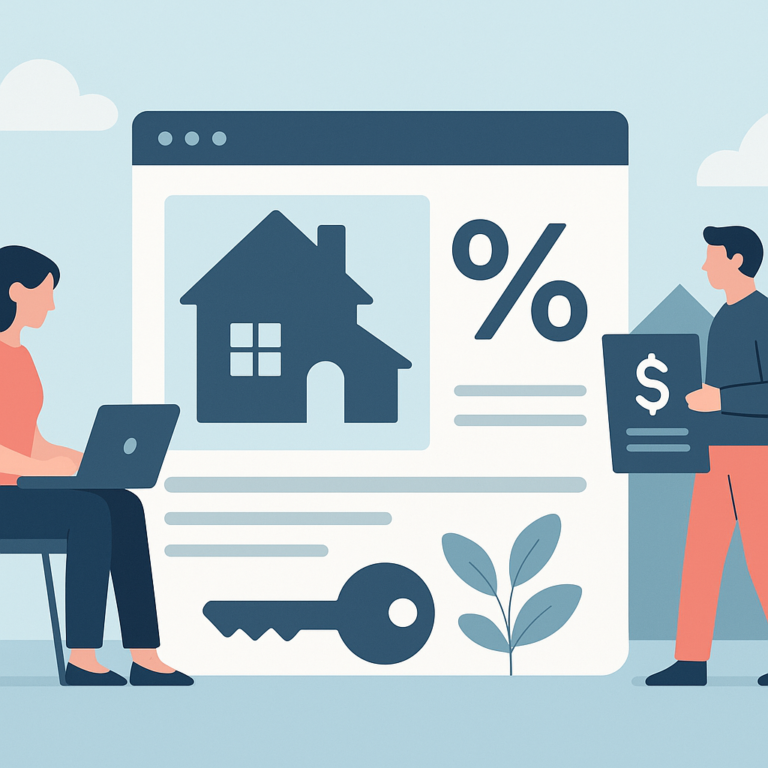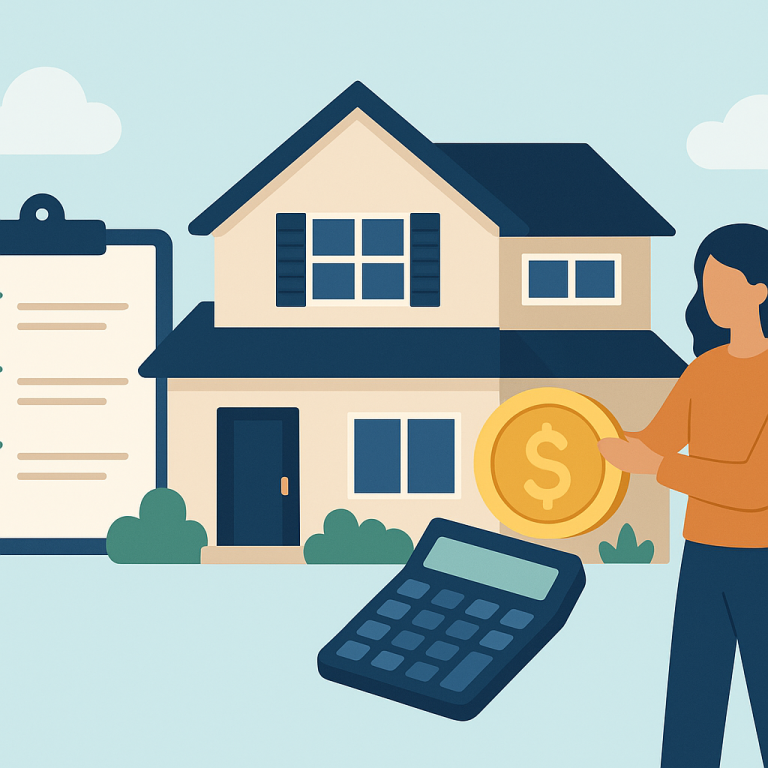Major Lenders Raise Mortgage Refinance Fees in September, Cutting Borrower Savings
At a glance: Higher refinance fees and closing costs and how it could affect refinancing decisions.
Lenders have raised refinance origination fees, pushing up closing costs and lengthening breakeven timelines for many borrowers.
What Higher Refinance Fees Mean for Borrowers
Recent movements in mortgage markets have prompted a renewed interest in refinancing among homeowners. As headline interest rates show periods of moderation from prior highs, lenders have adjusted product offerings and borrowers are reassessing whether refinancing can lower monthly payments, shorten loan terms, or free up equity for other uses.
The dynamics driving the uptick are straightforward: when prevailing mortgage rates fall relative to the rate on an existing loan, refinancing can make financial sense. However, the decision is not automatic. Closing costs, remaining loan term, balance, and individual financial goals all affect whether a refinance produces net benefits over time.
Lenders are responding to demand with a broader array of options, including conventional rate-and-term refinances, adjustable-rate products, and cash‑out loans. Competition among originators can improve pricing for qualified borrowers, but underwriting standards and documentation requirements remain important considerations. Borrowers with stronger credit profiles and higher loan-to-value buffers typically secure the most favorable terms.
Another factor shaping homeowner decisions is how long they plan to remain in the property. For owners with short expected occupancy, the upfront costs of refinancing may outweigh monthly savings. Conversely, homeowners who intend to stay in their homes and who can convert a high-rate mortgage into a lower-rate, shorter-term loan may see meaningful interest savings and faster equity accumulation.
Cash‑out refinances have also drawn attention from homeowners seeking funds for renovations, debt consolidation, or other priorities. While tapping home equity can be attractive when rates are favorable, it increases the mortgage balance and may extend the repayment horizon, so homeowners should weigh immediate needs against long-term costs.
Homebuyers and current owners should also consider the timing and mechanics of locking a rate. Mortgage markets can be volatile, and a lock provides price certainty for a limited period but may carry fees or limits if closing delays occur. Coordination between borrowers, real estate agents, and lenders is important to avoid surprises at closing.
Practical Takeaways for Homeowners
- Calculate your break-even point: compare expected monthly savings against closing costs to determine how long it will take for a refinance to pay for itself.
- Shop multiple lenders: small differences in rate and fees can materially affect savings; get written estimates and compare annual percentage rates (APRs).
- Evaluate loan term trade-offs: moving to a shorter term can reduce total interest paid but may raise monthly payments; moving to a longer term lowers payments but increases interest over time.
- Protect equity: if considering a cash‑out refinance, assess whether the additional mortgage balance aligns with your long-term financial plan.
- Check credit and documentation: improving credit, reducing other debt, and having documentation ready can improve approval odds and pricing.
- Plan for rate locks and closing timing: understand lock periods, extension costs, and factors that could delay closing to avoid unexpected fees.
- Consider alternatives: home equity lines of credit and personal loans may be appropriate for shorter-term or smaller funding needs.
Refinancing can be a useful tool when interest rates decline relative to an existing mortgage, but it requires careful comparison of costs, timelines, and financial objectives. Homeowners considering a refinance should run scenario analyses, gather multiple offers, and align the choice with their broader housing and financial plans.
META: refinancing, mortgage rates, homeowner takeaways, loan terms, cash-out
